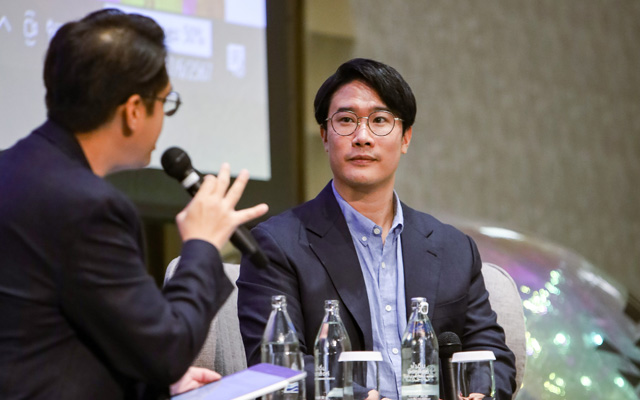
While Korean travellers seek social media-worthy experiences that deliver value for money, the Taiwanese market prioritises a more straightforward approach, according to industry insights on Thailand’s burgeoning tourism landscape shared at the recently-concluded Thailand Innovative Meetings Exchange (TIME) 2024.
June Kim, regional manager of the MPI Academy Korea and director for Kim’s M&T, shared observations that Korean travellers are drawn to unique and interesting experiences, where social media plays a significant role in their travel choices.

He remarked: “Korean people are looking for interesting stuff that nobody has done before. We are heavy on Instagram and social media like YouTube – and we want to be the select few that report about it.”
Kim also highlighted the impact of social dynamics on Korean travel behaviour.
As to how helping clients source exclusive content on their social media channels that garners likes and shares – will lead them back to the event planner, he explained: “Jealousy is a huge driver – Koreans want to be the first, or have a unique experience that no one has had that they can show off. That’s why some locations have become very popular with Koreans specifically. Someone, somewhere shared it on social media, and now everyone else has to follow.”
But when it comes to negotiations, being able to demonstrate value for money is paramount. This is the hurdle that needs to be overcome with most corporate Korean clients.
“Keep in mind that you’re typically dealing with middle management who have to work very hard to convince their C-level – and all the C-level has as a reference are the numbers from last year. If the numbers are different, there will be questions. The person you’re dealing with has to work so hard to sell you to their C-level so that they don’t want to go through the process again with a new supplier. That is why once they’re sold on you, they’ll be customers for life and keep coming back to you,” he elaborated.
Korean corporate travellers also rely heavily on reviews to make decisions and avoid scams, as many have fears from previous bad experiences.
He stated: “Reviews are one of the big things that Korean people reflect on, as many have experienced ripoffs during travel. That’s the reason why we are scared, and why we rely on worth-of-mouth reviews.”
On the other hand, the Taiwanese cultural similarity to Thailand creates synergy.
Napat Watthanasan, regional manager of Thailand Convention and Exhibition Bureau – North America, Oceania and the East Asia markets, observed: “For the Taiwanese market, I think it’s pretty straightforward. The tagline is that Taiwanese and Thai are pretty much the same. They are identical in terms of cultures, and even the currency exchange. So what we like, they also like as well.”
He highlighted convenience and a seamless travel experience, safety and good quality at cheap or reasonable prices as strong draws for Taiwanese corporate travellers, with a bonus being if the locals can understand and communicate with them in Mandarin.




















